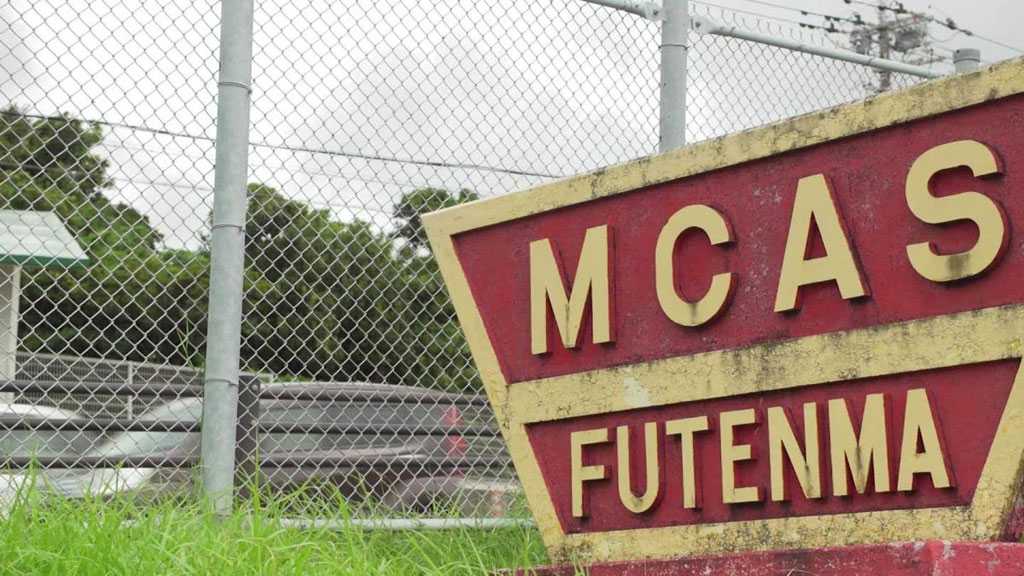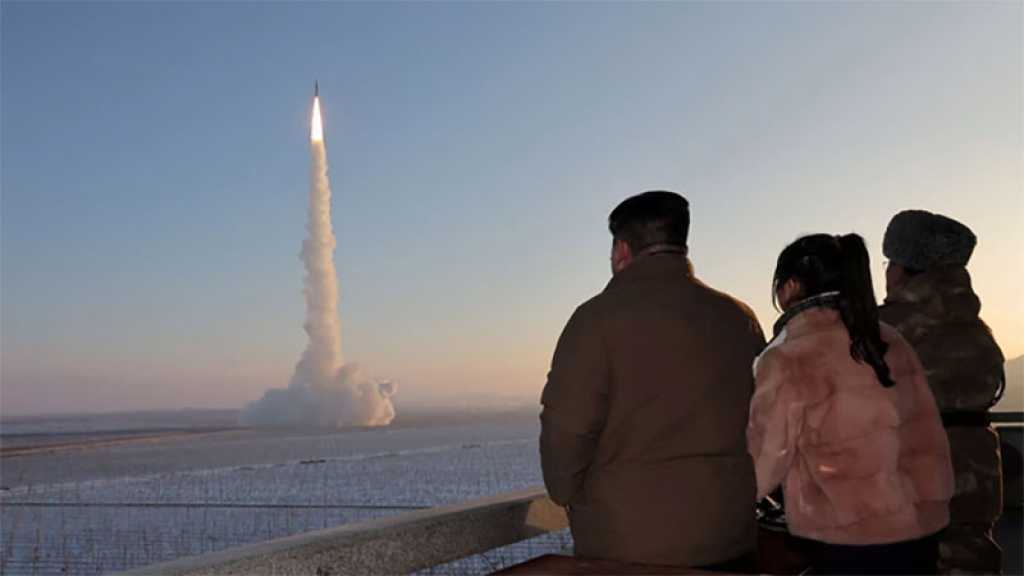
Hundreds of Japanese Workers on US Bases Tested for Coronavirus

By Staff, Agencies
A thousand Japanese civilians working at two United States Marine Corps bases on Okinawa were tested for coronavirus, as the US military institutes more stringent screening measures to stop the virus spreading on the island.
During the weekend, Japanese workers lined up for tests at a community center near Marine Corps Air Station Futenma, which along with Camp Hansen, has seen almost 200 cases of coronavirus confirmed since July 1. Most of the cases have been related to the movement of US troops, their families and civilian contractors arriving on Okinawa from the US mainland, where infection numbers continue to rise.
The US has recorded more than 4.2 million cases, with the infection rate growing by more than 60,000 a day in recent weeks.
Statistics like those have made Okinawa politicians wary of the virus spreading into the local population as contract workers go in and out of the US bases on a daily basis.
US Marine Corps Air Station Futenma has seen one of the largest outbreaks of coronavirus on the Japanese island of Okinawa.
"The Japanese workers working inside [the US bases] are worried. I think they must be very fearful. It is something that both the US and Japanese governments need to address adequately," said Masaharu Noguni, the mayor of Chatan, Okinawa.
The Japanese civilian-US military relationship on the island has been strained for years.
Okinawa represents less than 1% of Japanese territory, but hosts roughly 70% of US bases and half the 47,000 American troops in Japan, according to Okinawa Prefectural Government figures.
It's a footprint that frustrates many of Okinawa's 1.44 million residents, many of whom say their concerns about it have been ignored by Tokyo since the US turned the island back over to Japan in 1972 after occupying it since the end of World War II.
A coronavirus risk just adds to resident complaints about land use, crimes related to US forces and how the bases may hold back economic progress.
Comments
- Related News



